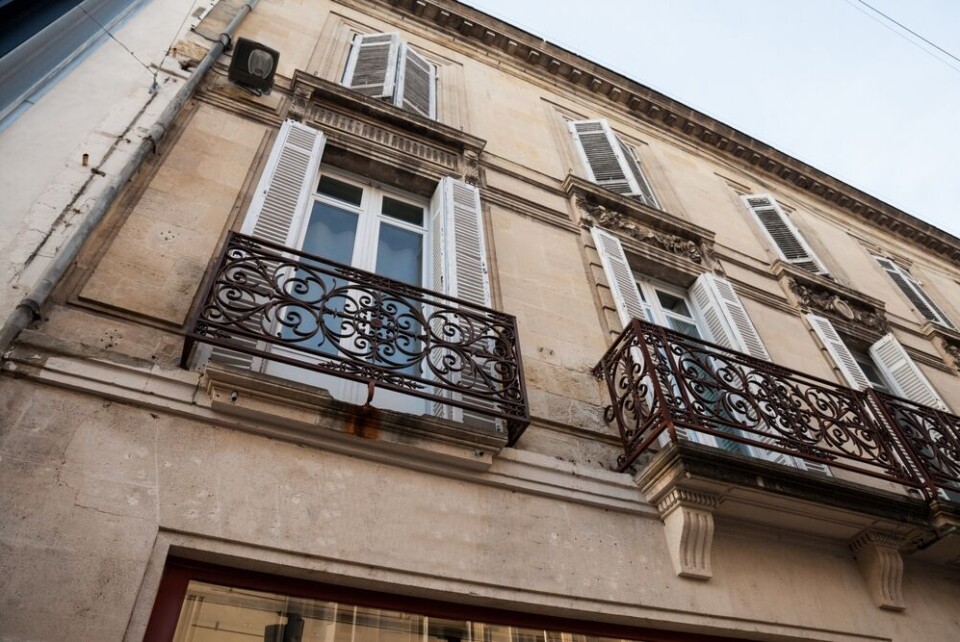-
What are penalties for not conforming with new septic tank request?
Some financial aid is available for homeowners needing to install new tanks
-
Are second homes in France a good investment?
Investment picture is variable depending on geographical location
-
See what €50,000, €200,000 and over €500,000 buys in Seine-Maritime
Towns and villages have distinct Norman French architecture
How do I estimate the value of my rural home in France?
The market for older properties can be complex

Reader Question: We are looking to sell our second home in France but have no idea of its value with the shifts in the market. It is an older home in a rural area. Is there a way to estimate its value so we do not undersell or overestimate?
There are a number of variations that can affect calculating the value of a property.
For example many older buildings have features that buyers will find charming, and are unavailable in newer properties – which raise prices – but this may be offset by the potential need for renovation costs.
It may be worth having an official (paid) estimation from an expert to help with selling the property. They will be able to give you the best estimate of your home’s value (as well as give you reasons for this estimation), and will have knowledge about property trends in your area.
You can get a general view by using the key criteria below and requesting free estimates.
Also bear in mind, at the time of writing (February 2024), France is currently experiencing a property market downturn with fewer sales and house prices falling almost everywhere, which also affects the overall value of a home.
What affects the overall price of a house in France?
In general, there are five main criteria that affect the value of a property, with some of them being more impactful for older homes:
Location, with properties either being located close to transport links and amenities (if in a larger town centre) or, if rural, a location with good views and access to necessities seeing higher prices. Proximity to schools is seen as beneficial, as well as to areas of employment.
Home and lot size will affect prices, with a large size (in terms of m²) generally leading to higher prices, especially if these areas are utilised as real ‘lived in’ spaces in the home, not left empty.
A larger plot of land with the property also increases its value as it allows for further development of the property, or even the creation of self-sustaining agricultural practices.
The property’s condition can make perhaps the largest difference. Even larger homes and larger plots will see prices drop if the property is in poor condition. If a property needs major renovations the cost of these works must be factored into the sale price.
Some choose to renovate the property before a sale however it may be best not to incur this expense and to allow a buyer to renovate to their own taste and requirements.
Plumbing, electric, heating and other modern systems are factors of old homes which can greatly impact their market value. Older homes which have modern versions of these systems already installed can see higher prices than those that would greatly benefit from having these updated.
This can especially be the case if, like yours, the property is being used as a second-home whereas the buyer is looking to purchase it as their primary residence.
Equally, keeping certain features linked to these including open-air fireplaces may increase demand and appeal for their aesthetic value, especially if modern systems are also present.
The local market is the last principal factor, with the trends for properties nearby naturally affecting the price you can sell your home for. This is particularly true in rural areas where sales can be few and far between, and estate agents and those looking to buy will compare the price you are asking to others in the commune (or even department).
If your price looks high in comparison you may fail to attract offers, even if your property has some perks.
Other factors for example which way a property faces and aesthetic features such as balconies can increase the price per m² by between 5% and 20%.
Poor room layout, noise, pollution etc, can negatively affect the price to a similar extent.
Getting an estimate
Outside of these, however, a number of other things can only really be assessed by an expert.
Both estate agents and notaires can estimate the value of a property, their costs for this service ranging from around €300-€1,500.
Some may offer these services for free – and you can find online estimators – but are considered likely to offer less detail and only take into account basic information such as local property prices and general size of the property.
Related articles
Home sale in France annulled as visible faults not stressed at viewing
Hundreds of estate agents close in France as property sales plummet
























